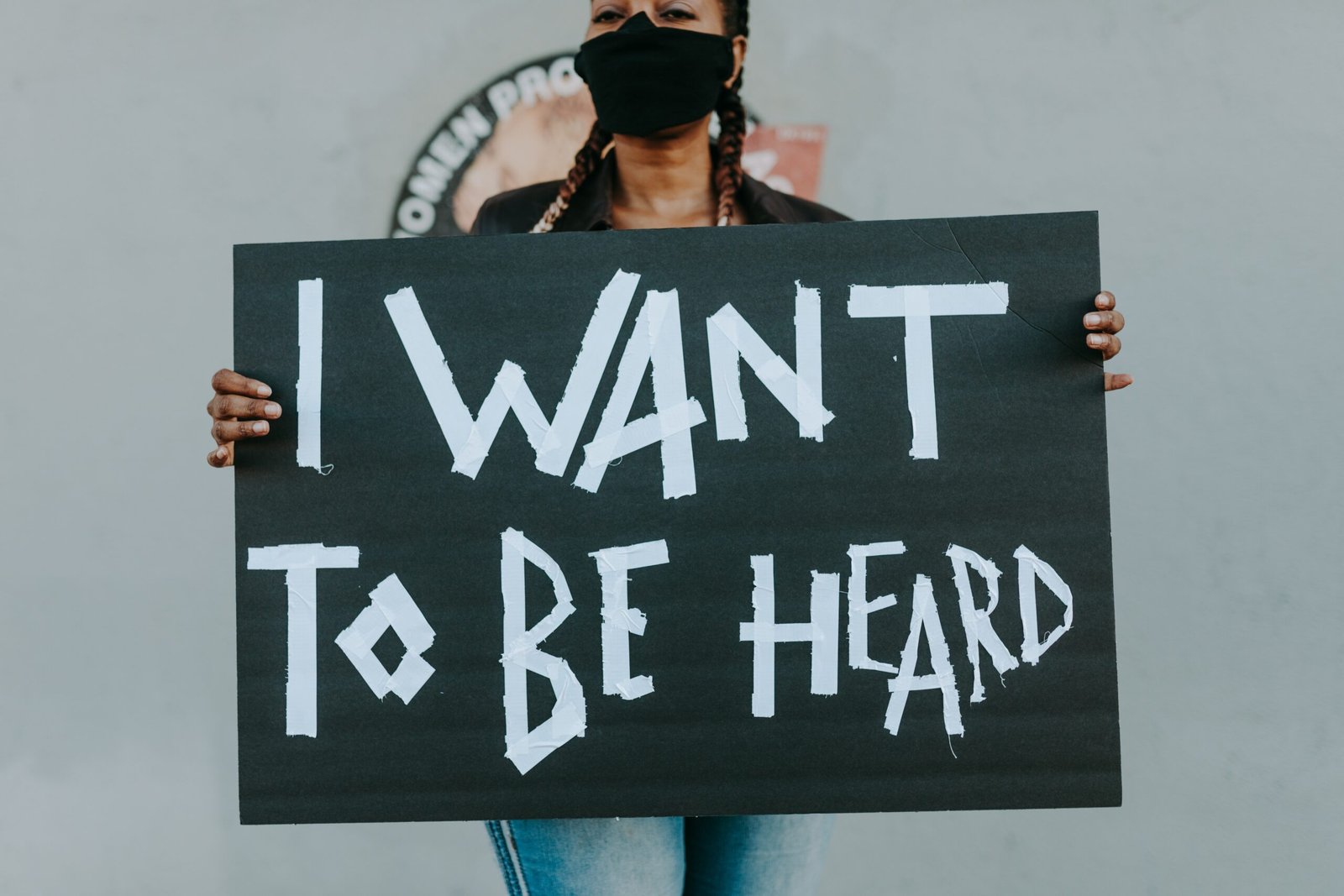
- May 30, 2023
- NGO Partner
- 0 Comments
- 1243 Views
- 0 Likes
- Marketing Company Blogs
Article 20
What is Article 20 of the Constitution?
Article 20 of the Indian Constitution is an important provision that guarantees certain fundamental rights to the citizens of India. This article is a part of the Chapter III of the Constitution, which deals with the fundamental rights of Indian citizens. The article provides safeguards against retrospective application of penal laws and double jeopardy, as well as ensuring that an individual cannot be compelled to be a witness against themselves.
Retrospective Application of Penal Laws
Article 20 (1) states that no person shall be convicted of any offence except for violation of a law in force at the time of the commission of the act charged as an offence, nor be subjected to a penalty greater than that which might have been inflicted under the law in force at the time of the commission of the offence. In other words, no person can be punished for an act that was not considered an offence at the time it was committed. This is known as the principle of non-retrospective application of penal laws.
This provision ensures that individuals are not punished for acts that were legal at the time they were committed. It also ensures that the government cannot create a law that criminalizes an act after it has been committed and then punish the offender for that act. This provision also guarantees that individuals are not subjected to arbitrary or vindictive punishment by the state.
Impact on Double Jeopardy
Article 20 (2) of the Constitution provides protection against double jeopardy, which means that no person can be punished for the same offence twice. This means that once a person has been acquitted or convicted of an offence, they cannot be tried again for the same offence. This provision ensures that individuals are protected against arbitrary or vindictive prosecution by the state. It also ensures that individuals are not subjected to the harassment and trauma of repeated trials for the same offence.
Right Against Self-Incrimination
Article 20(3) of the Constitution provides protection against self-incrimination, which means that no person can be compelled to be a witness against themselves. This means that a person cannot be forced to testify against themselves in a criminal trial.
This provision ensures that individuals are protected against coerced confessions or admissions. It also ensures that individuals have the right to remain silent and not incriminate themselves. This provision is essential in safeguarding the rights of the accused and ensuring that justice is not compromised by the use of coercive measures by the state.
Scope and Interpretation of Article 20
Article 20 has been interpreted by the Supreme Court of India in a number of cases. The court has held that the provisions of Article 20 apply to all criminal proceedings, including those before a court-martial, a tribunal or any other quasi-judicial body. The provisions of Article 20 also apply to proceedings before administrative authorities that have the power to impose penalties of a penal nature.
The court has also held that the protection against double jeopardy under Article 20 applies only to criminal proceedings and not to civil proceedings. However, in cases where a civil proceeding is so closely connected to a criminal proceeding that the decision in the criminal proceeding would affect the decision in the civil proceeding, the principle of double jeopardy may apply.
In addition, the protection against self-incrimination under Article 20(3) has been held to apply not only to testimony given in court but also to other forms of compelled testimony, such as statements made during police interrogation.
Conclusion
Article 20 of the Indian Constitution is an important provision that provides safeguards against retrospective application of penal laws, double jeopardy, and self-incrimination. These provisions are essential in safeguarding the rights of the accused and ensuring that justice is not compromised by the use of coercive measures by the state.
The provisions of Article 20 have been interpreted by the Supreme Court of India in a number of cases, and the court has held
By Ngo partner
How did you feel after reading this article of ours, please do tell us in the comment and also write to share it as much as possible. If you want to know more information you can call or email with us. If you have any kind of question then you can also ask with us.
Our Contact Number = 7210449958
Email ID: info@ngopartner.co.in



Leave a Comment